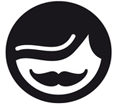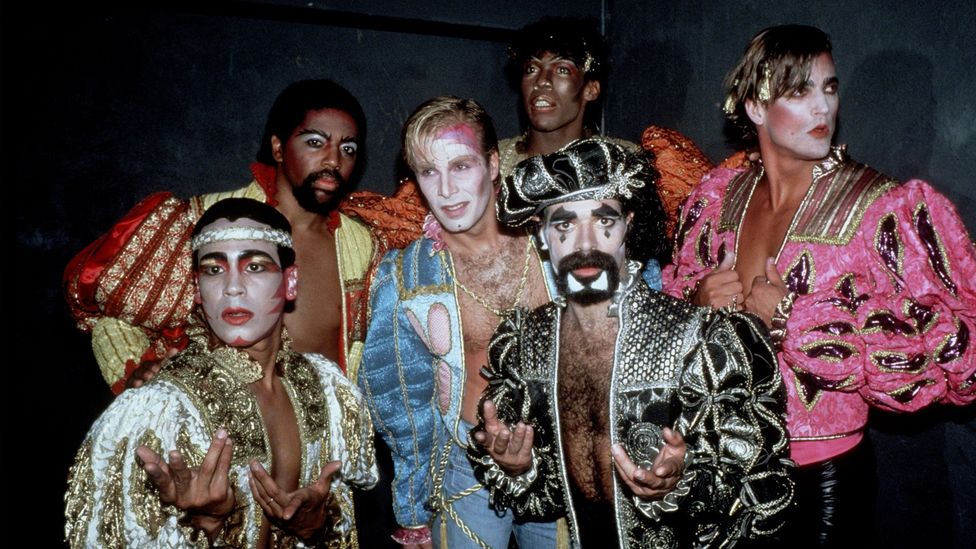For something unabashedly homosexual you need only turn to Fire Island, named after the most iconic gay hotspot in the world, a thin strip of land some 50 miles off the coast of New York City, revered for its hookup spots and orgiastic dances. Directly referencing such famous bars and clubs as The Ice Palace and The Sandpiper (which, by the way, is where they’re “peckin'”), Fire Island evokes unashamed queer sexual desire: “You never know just who you’ll meet / Maybe someone out of your wildest fantasies.”
And then we come to the titular track Village People, the most emphatically political of them all; a percussive chant that calls upon the ‘Village people’, thin code for gay men, to “take our place in the Sun”: “To be free,” Village People declare, “We must be / all for one.” It’s a revolutionary statement through-and-through. The song envisions a new age of sexual freedom, advocating for unity against the homophobia that was de rigueur in US society in the late 70s.
A part of queer history
I’m not arguing that the Village People are peerless artists, and even if I did think that, I probably wouldn’t admit it. The band’s motives, for one, have to be questioned. Empowering and queer-focused as their early lyrics may have been, the message quickly shifted once mainstream success was courted and deemed to be more profitable than their initial target group of gay disco-goers. It would seem they followed the money. And so it would be hagiographic to enshrine them as gay political pioneers, Jacques Morali’s manifesto for gay cultural visibility or otherwise.
But for a gay man, it is impossible, too, not to have a visceral response to Village People and its – somewhat superficial but incredibly energising – call for gay liberation, in such unambiguous terms. Even in the last 40 years, how many songs have so emphatically called for queer unity, and for hope? Certainly, if the tune makes me ecstatic, I can’t begin to think of what it would be like for a guy in 1979, newly discovering his gayness and hearing it for the first time in a pulsating New York nightclub.
It’s in this sense that Village People can serve as a bridge to the past, for me and many other young queer people. I’m fascinated by historical queer culture, forged as it is by community revolts and political struggle, and the joy I derive from their music comes in part from the lineage their music evokes. The imagined history that pops into my head when I hear such songs as Fire Island – of free men dancing in pulsating clubs, their shirtless bodies entwined.
I’m certain some might find my love for the Village People ridiculous, and it’s hard to entirely disagree. But at the end of the day, as the song goes: “I didn’t choose the way I am.” You might even say I was born this way.
If you would like to comment on this story or anything else you have seen on BBC Culture, head over to our Facebook page or message us on Twitter.
And if you liked this story, sign up for the weekly bbc.com features newsletter, called The Essential List. A handpicked selection of stories from BBC Future, Culture, Worklife and Travel, delivered to your inbox every Friday.





